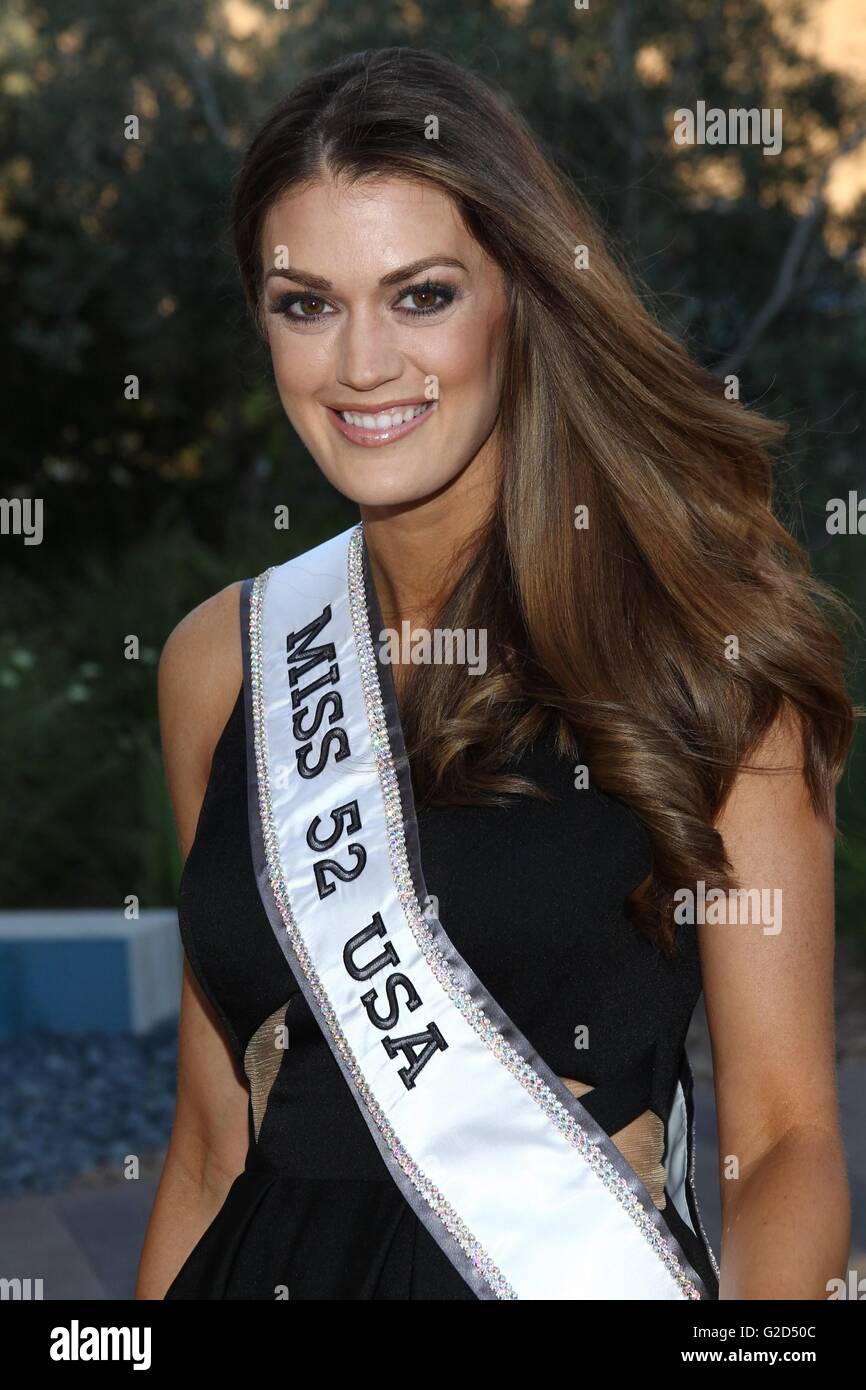Google Search: No Results? Fixes & Tips To Avoid Errors!
Is the absence of information a story in itself? The silence of the search engines, the blank spaces where results should be, can be as revealing as the information they fail to provide. In a world saturated with data, the absence of a digital footprint, the persistent We did not find results for: Check spelling or type a new query message, raises questions about what is being hidden, what is deliberately obscured, or perhaps, what simply isn't there at all.
The digital age has promised unprecedented access to information. Yet, the constant iteration of "We did not find results for..." highlights the limitations of this promise. It's a stark reminder that the internet, for all its vastness, is not a perfect mirror reflecting reality. Search engines, the gatekeepers of this digital world, are often subject to algorithms, biases, and the sheer impossibility of cataloging everything. They are tools, not omniscient entities. This persistent lack of results often indicates several key issues - potentially related to the query's ambiguity, the lack of available information on the subject matter, or technical failures within the search engine itself.
Consider the implications in various contexts. For a journalist researching a specific event, the absence of search results might suggest censorship or a deliberate attempt to suppress information. For a historian, it could signal a gap in the historical record, a crucial missing piece of the puzzle. For an individual searching for information about a niche hobby or a rare medical condition, it signifies the potential for isolation and the need to seek alternative sources.
In the realm of personal privacy, the lack of search results can be seen as a paradox. On the one hand, it protects the anonymity of an individual. But conversely, this anonymity can be weaponized, making it difficult to verify information, track down individuals, or uncover potential wrongdoings. It's a space where both security and vulnerability coexist.
Let's delve deeper into the concept of a search query yielding no results, transforming this simple declaration into a narrative of its own. It is often a reflection of the limits of digital organization, the influence of algorithms, and even the unspoken agreements that define the boundaries of accessible knowledge. The "We did not find results for:" prompt becomes an invitation to explore these depths.
Imagine this scenario: a seasoned investigative journalist, Sarah Chen, in the middle of a critical piece of research, types in a specific phrase related to a controversial government project. The search engine, a familiar tool that generally provides an avalanche of information, returns with the blunt phrase: "We did not find results for: Check spelling or type a new query." What do we make of the absence? Is it a result of intentional obfuscation, or is the project so newly launched and kept under such secrecy that the digital trails simply haven't formed yet? The empty space becomes a signifier of both deliberate withholding and the inherent limitations of the web.
This is not just an informational issue. It is also a crucial factor in the evolution of how we understand the world. This statement frequently appears when searching for specialized areas or relatively unexplored subjects. It underscores the fact that there will always be gaps in the information, regions where knowledge has not been fully documented or widely dispersed. This can also be interpreted as an incentive to become more involved and inquisitive about the unknown.
In the absence of readily available information, the onus shifts to the investigator. Its a call to delve into archives, reach out to obscure experts, and navigate the often-complex paths of primary research. Consider a researcher exploring a lesser-known historical figure. The absence of results from major search engines becomes a trigger. This may suggest that this person is not widely documented, but it may also signal the start of an interesting investigation, necessitating that the investigator delve into historical records and other unconventional sources to discover the truth.
The implications stretch into business and finance as well. A company looking to understand a new market or a potential competitor may face this same hurdle. They are often confronted with an absence of information a hidden realm of data which can lead to strategic decisions informed by instinct and indirect insights. This requires a thorough understanding of the topic, a willingness to make assumptions, and the understanding that there are always pieces of the puzzle missing.
Let's look at the impact on a particular field. In the arts, the lack of digital data could be a sign of a niche artist or a relatively recent movement. This void is a trigger for exploring archives, contacting specialists, and navigating unconventional routes of primary research. This is particularly important for the arts sector, where an artworks provenance, creation, and historical context may not be immediately accessible through a simple search. A blank search query, in such circumstances, emphasizes the importance of comprehensive study.
The "We did not find results" scenario is a constant challenge in academia. It tests academics, scholars, and students alike. This may signal that research is still in its infancy, and the subject is not well documented. It can also be an indicator that a student's search terms may be too vague or too specific. The absence of information can direct academic research towards new areas and prompt scholars to find new methods of data investigation and information discovery.
Let's consider the legal field. Lawyers, investigators, and researchers often rely on search engines to uncover facts, examine precedents, and gather evidence. In situations where results are absent, the legal team may have to employ a broad range of investigative methods, which might include going through public records, witness statements, and expert opinions, to collect the necessary data and build their argument.
At a personal level, the lack of results may be an obstacle in the quest for self-discovery or the search for guidance. This could involve looking for answers about a persons ancestry, or seeking out data about a specific medical condition. These situations can become frustrating, especially when the search is conducted in the hopes of finding information that will help in times of distress. These empty results urge individuals to engage in more in-depth self-assessment, reach out to experts, or explore unconventional paths to find the information they need.
The absence of results is therefore a reflection of a number of elements, not simply a technical inconvenience. It is an indication of the limits of current search technologies, the effect of algorithm biases, the boundaries of accessible information, and the constant shifts in digital access. It's a call to be more analytical, more persistent, and more open to the vast unknowns that make up our world.
It makes us re-evaluate the nature of knowledge and the methods through which we look for it, challenging us to think critically about the information we consume and the places it is found. It is a prompt to question assumptions, search beyond the commonplace, and recognize the beauty of the undiscovered realms of human understanding. In essence, the failure to find results provides a powerful foundation for creative thinking, prompting new methods for investigation, and inspiring us to continue the journey of knowledge.
In a world where we increasingly expect to find everything online, the We did not find results for message offers a potent reminder of the value of the information that lies just beyond our immediate grasp. It is a call to investigate, to question, and to never stop seeking.
Ultimately, each instance of "We did not find results for..." is a unique story, an invitation to explore the hidden narratives within the digital landscape and beyond. These empty spaces are not just voids; they are opportunities.


